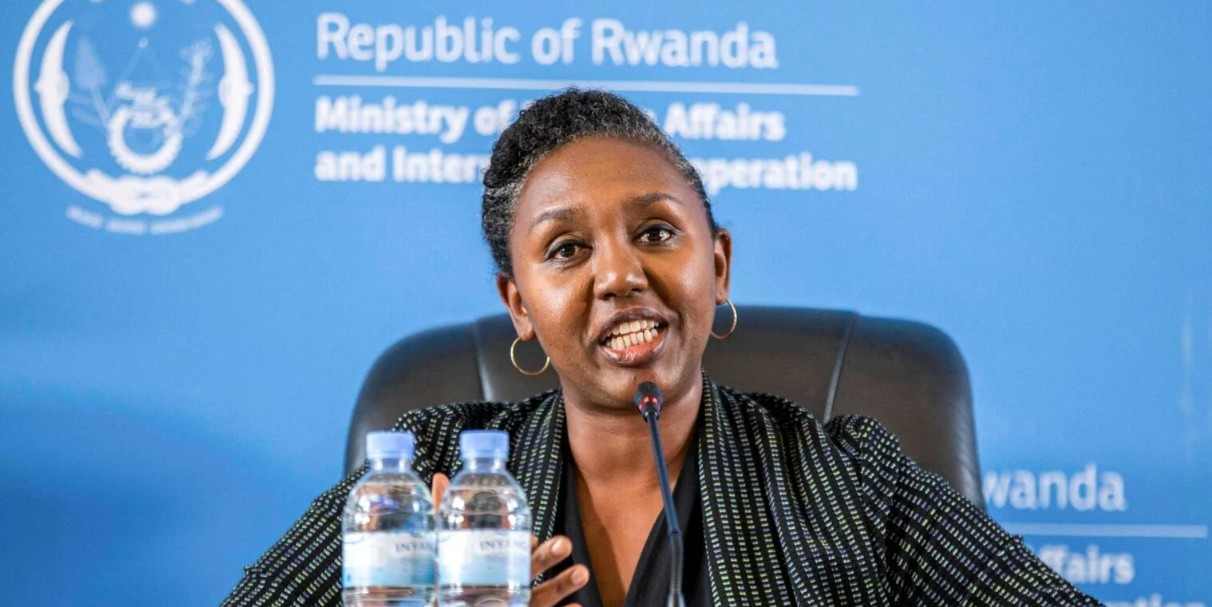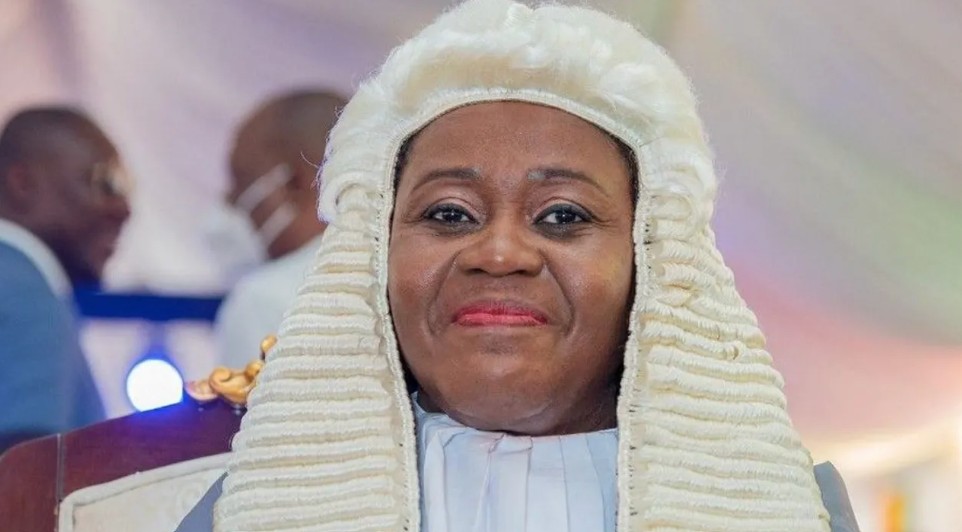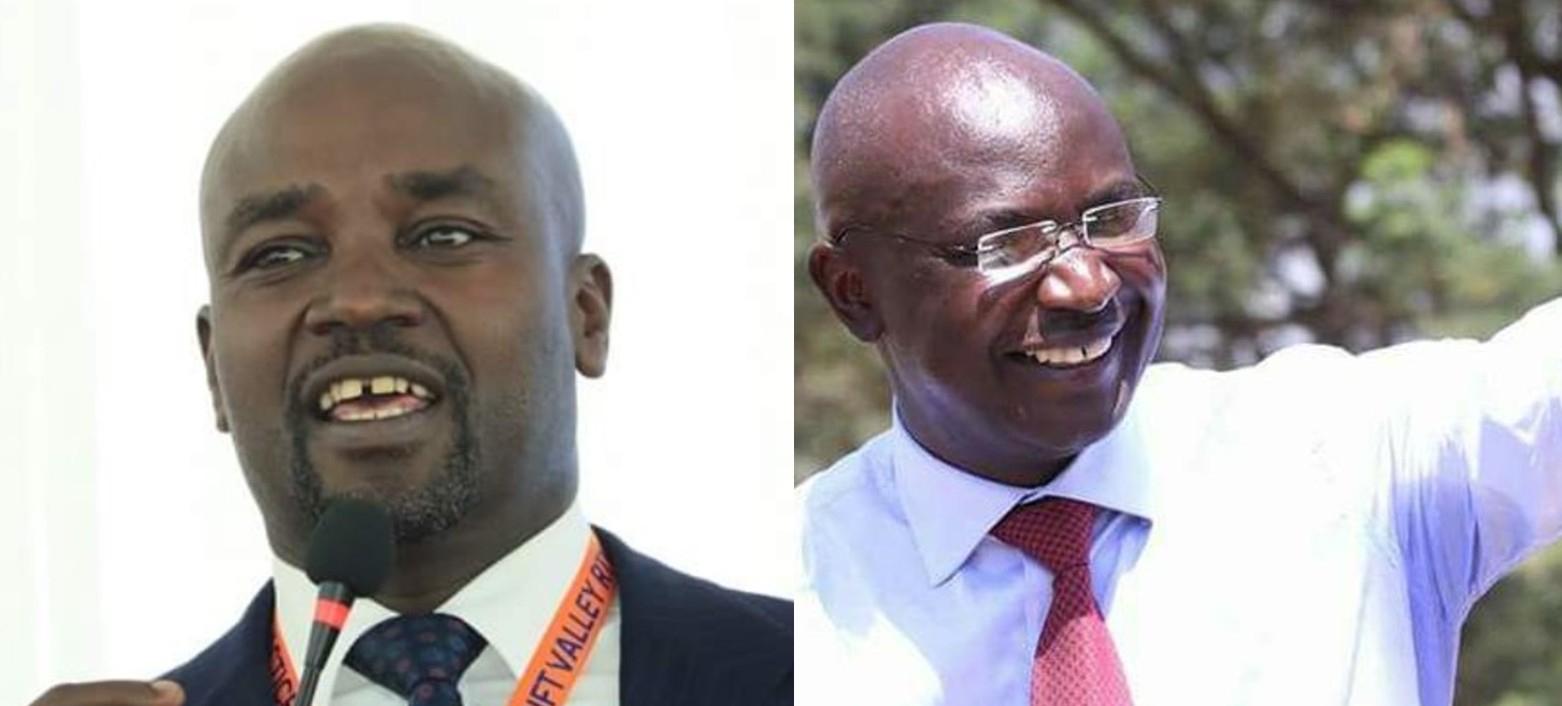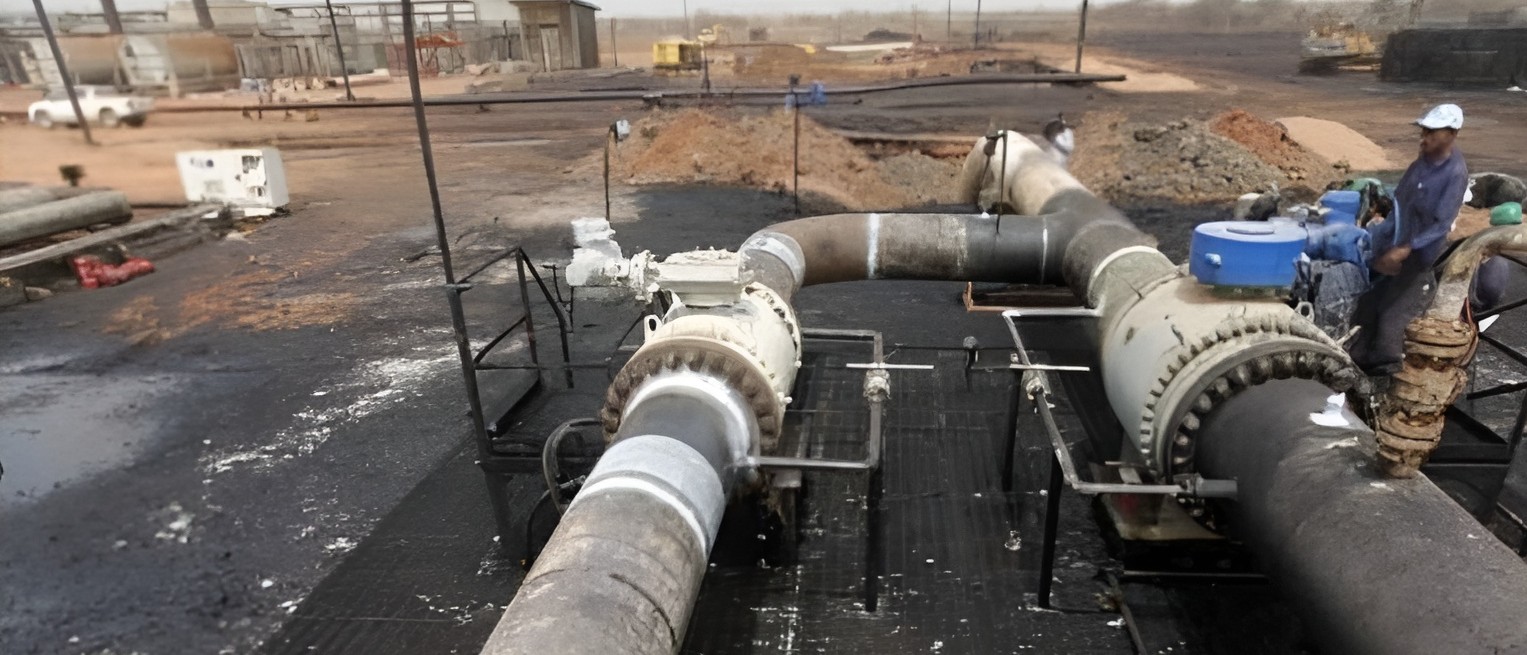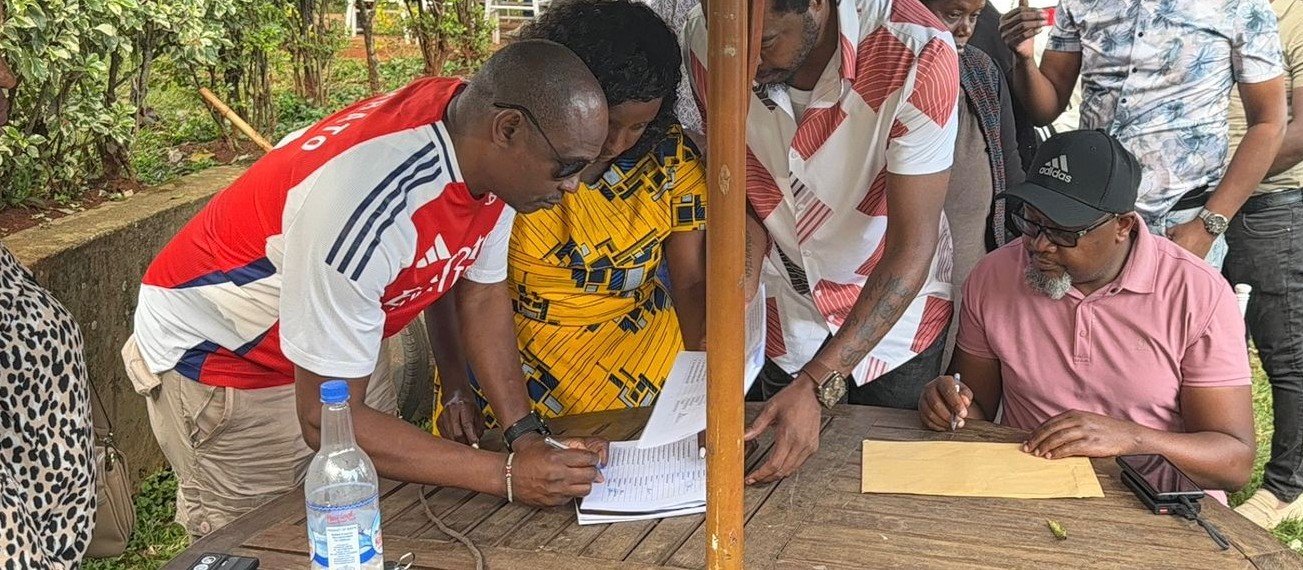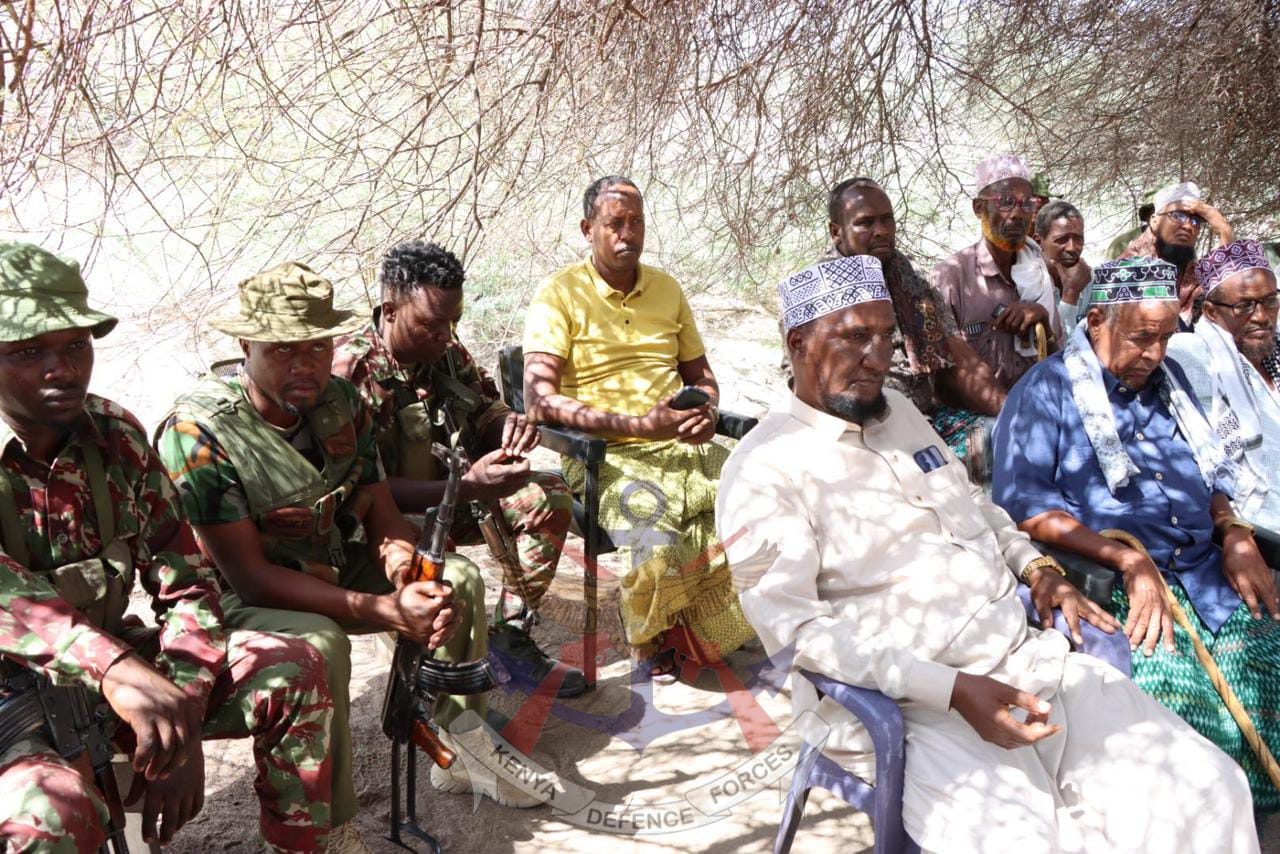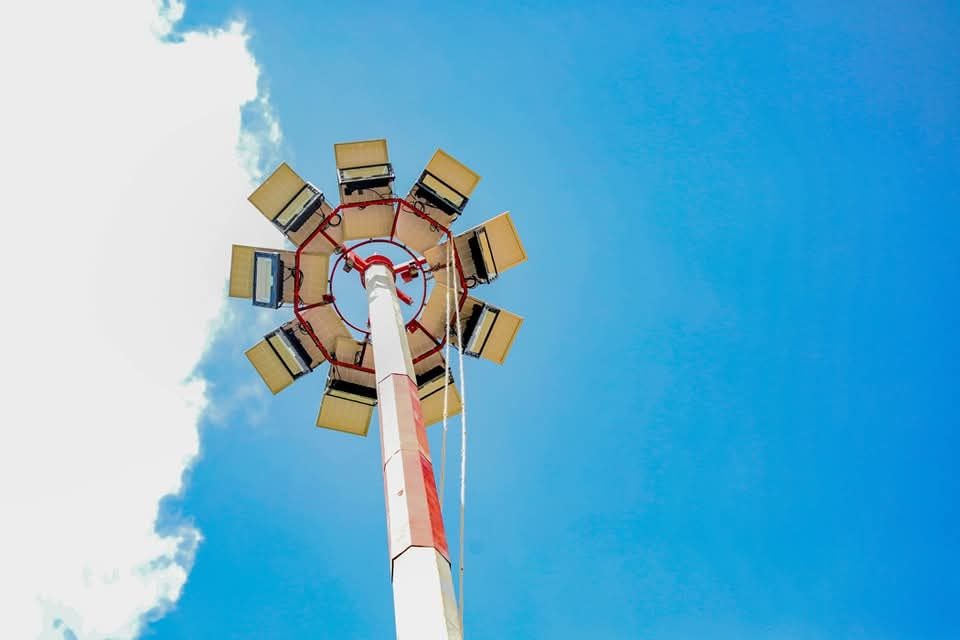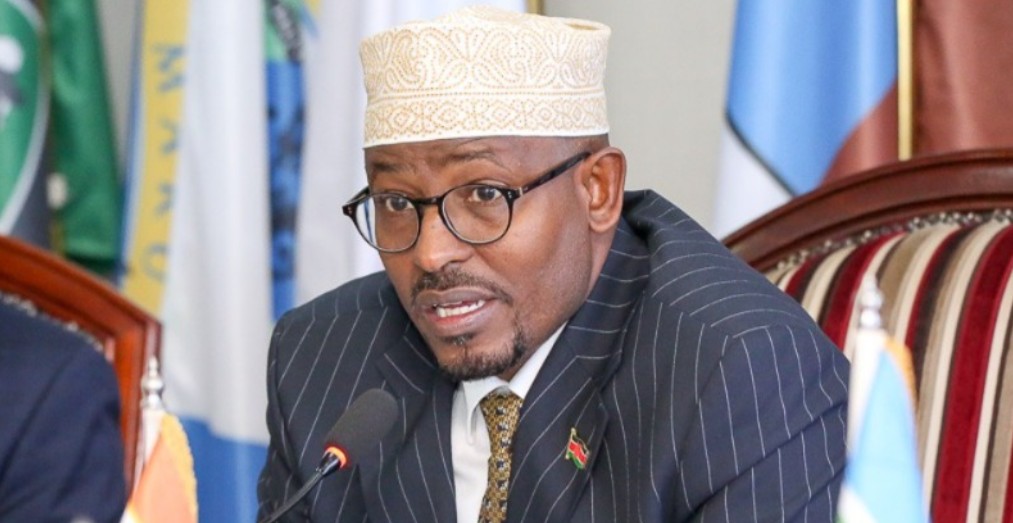Rwanda denies SADC accusations of attacks on SAMIDRC troops, civilians

SADC expressed concern that the RDF's involvement in these attacks had further worsened the security situation in eastern DRC and undermined both the peace and security of the DRC.
The Rwandan government has dismissed accusations by the Extraordinary Summit of the Southern African Development Community (SADC) that it was involved in attacks on SAMIDRC troops and the civilian population in eastern DRC.
In a statement on February 2, 2025, the country’s Ministry of Foreign Affairs and Internal Cooperation firmly rejected the claims, reiterating that the Rwanda Defence Force (RDF) is solely focused on defending Rwanda’s borders and protecting its civilians, and does not target civilians.
More To Read
- Inside Islamic State massacres in eastern DRC: Who are the killers and why target civilians?
- Will ECOWAS meet its 2027 currency launch goal?
- SADC chairmanship: Will Andry Rajoelina maintain Emmerson Mnangagwa's momentum?
- DR Congo prosecutor seeks death penalty for ex-President Joseph Kabila
- DR Congo: Rising insecurity in the east impedes diplomatic progress, Security Council hears
- Rwanda rejects Human Rights Watch allegations of backing M23 killings in DRC
The summit, held on January 31, 2025 in Harare, condemned the actions of the M23 armed group and RDF, saying these attacks violated the ceasefire agreement brokered through the Luanda Process in July 2024.
SADC expressed concern that the RDF's involvement in these attacks had further worsened the security situation in eastern DRC and undermined both the peace and security of the DRC and the broader SADC region.
In response, the Rwandan government emphasised that it remains committed to a peaceful resolution to the crisis and criticised the role of the SADC Mission in the Democratic Republic of Congo (SAMIDRC) in the ongoing conflict.
Rwanda argued that SAMIDRC, which is supporting the DRC government in its military operations against groups like the M23, is exacerbating the situation.
It claimed that the SADC-backed force, alongside its coalition partners, including the Burundian armed forces, the FDLR, and European mercenaries, is central to the ongoing instability.
"It is clear that SAMIDRC together with coalition partners that include the Burundian armed forces, the FDLR and European mercenaries are central to the conflict, and should not be there because they are adding to the problems that already existed," reads the statement.
Rwanda further dismissed the argument that SAMIDRC was invited by the DRC, stating that the mission's involvement has expanded beyond fighting the M23 to attacking Rwanda itself, as indicated by intelligence reports and evidence of preparations for cross-border attacks.
Rwanda reiterated its consistent advocacy for a political solution to the crisis and expressed support for the proposed joint summit of the East African Community (EAC) and SADC to discuss future steps.
In Harare, the SADC summit condemned the recent attacks on SAMIDRC troops by the M23 and RDF, emphasising that these actions violated the ceasefire and undermined regional peace.
The summit reaffirmed that it is committed to a diplomatic resolution to the conflict, supporting efforts like the Luanda and Nairobi processes.
Condolences were also extended to the families of soldiers from Malawi, South Africa, and Tanzania who lost their lives in the attacks in Sake, Eastern DRC.
SADC called for a joint summit with the EAC to address the security situation and ensure the safety of peacekeeping forces.
The summit also mandated its Organ Troika on Politics, Defence, and Security Cooperation to initiate a ceasefire process and facilitate the flow of humanitarian support to affected communities.
It also reaffirmed its solidarity with the DRC in its pursuit of sovereignty, security, and sustainable peace.
Top Stories Today

